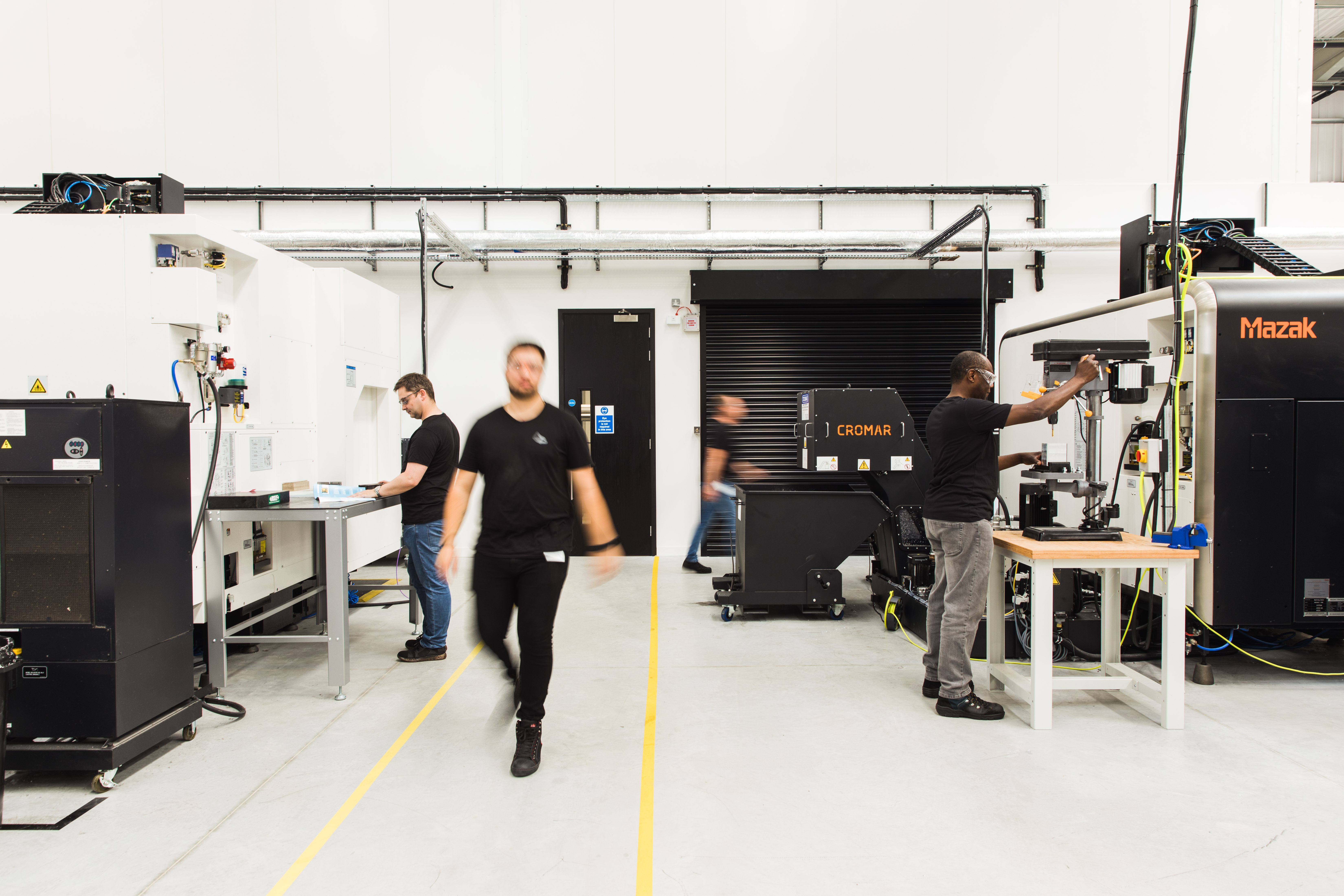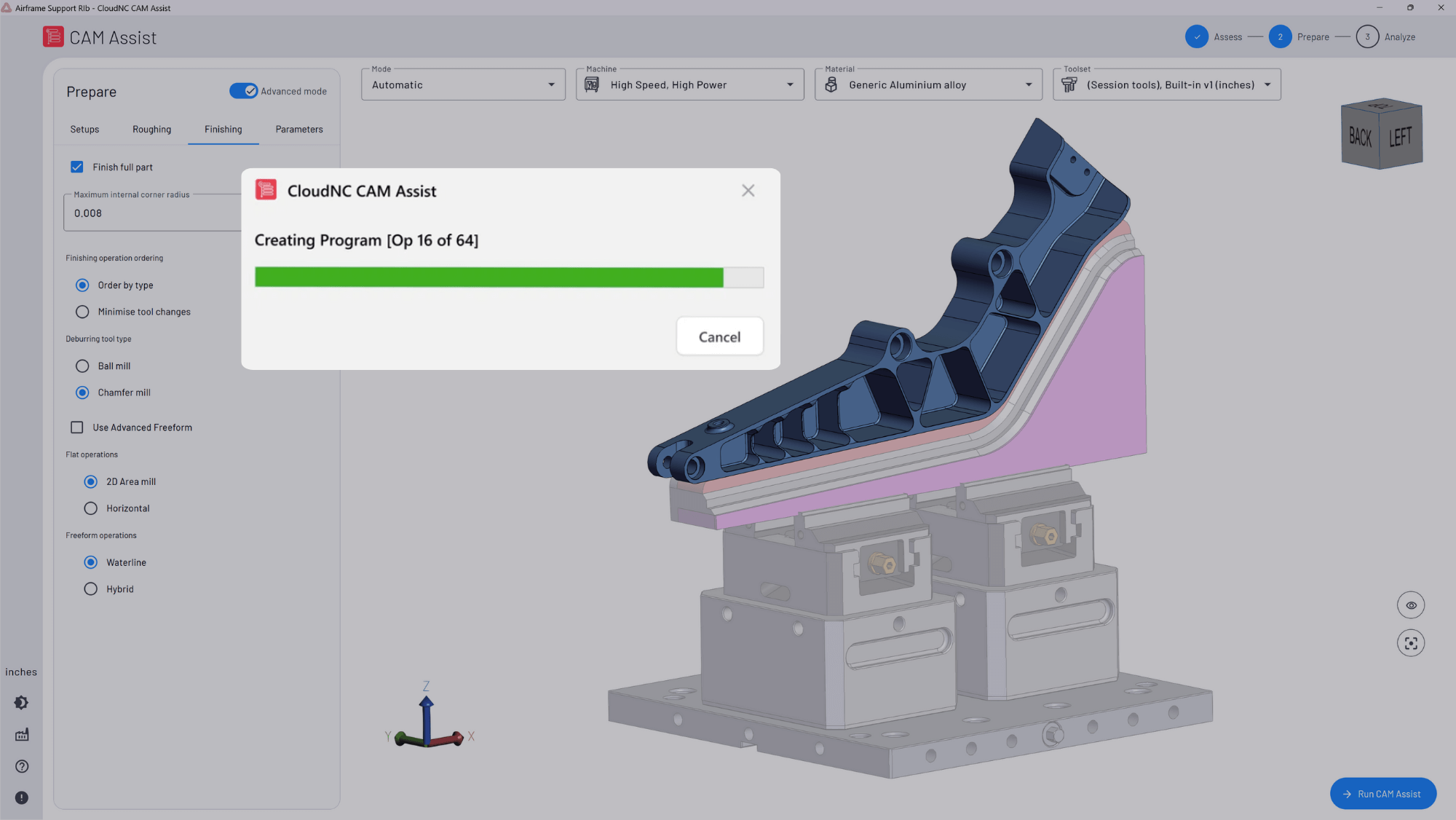
Tariffs have long been a tool in global trade policy, but their real-world impact can feel abstract - until you hear from those living it day-to-day. A recent discussion on Reddit’s r/Machinists community pulled back the curtain on how tariffs are influencing the US machining and manufacturing space right now.
From job losses and slowed orders to unexpected opportunities, the effects vary dramatically depending on geography, customer base, and supply chains. We combed through dozens of insightful responses to share a snapshot of how tariffs are shaping the industry, right now.
"A negative one at that"
While some shops are managing the pressures well, others are feeling the sting. The original poster (u/independentbuilder7) set the tone, saying:
“Just curious if anyone else out there, especially here in the US, is working for a company that seems to be struggling right now due to tariffs on materials primarily... The issue I’m guessing is that since the raw material cost has gone up, our customers don't want to pay.”
This sentiment was echoed broadly. One commenter stated:
“Huge? No. Has it had an impact? Yes. A negative one at that.” – u/aLateSaturnsReturn
Another pointed to halted capital expenditure as a direct result:
“The company I work for has recently purchased 5 new machines. The order had to be put on hold because the tariffs were going to cost the company an extra $750,000.” – u/Pugh95Bear
Material costs, delays, and competitive pressure
Raw materials - particularly imported alloys - are a recurring pain point.
“Material cost has gone up quite a bit for us... mostly in sheet metal. Haven't had any new inquiries lately.” – u/will86c
“We’ve had problems getting material even before the tariffs but now we’re having big issues getting in sheet metal in.” – u/Immediate-Rub3807
“Our small shop is laying people off. We allegedly have a backlog, but our customers aren't willing/able to get materials.” – u/Sad-Soil-781
A mixed bag of outcomes
For others, tariffs have created new business opportunities - leveling the playing field with overseas competitors:
“We got a job that we would have never gotten before because of the tariffs… But with the tariffs it leveled the playing field and we got it.” – u/I_G84_ur_mom
“We’re bumping. Raised my best guy to a manager… Snagged a bunch of extra parts that were once Chinese and the new customer is thrilled with our turn around.” – u/spider_enema
“We are getting a lot of work back that we lost to China. Machines and tools and materials are more expensive.” – u/Dirteater70
Reshaping supply chains
Tariffs are also changing sourcing behaviors and causing international logistics reshuffles.
“New machines for the next project are 15% more expensive.” – u/Siguard_
“Our volume has doubled. Unlimited OT.” – u/Whack-a-Moole
“We just got a machine from China… Boss was not happy about the price increase on the Chinese lathe though.” – u/Mizar97
“Just wait until machines need to be repaired and the part is held up in customs because they need to know the COO of the aluminum, steel, and copper in the part…” – u/Fatius-Catius
Beyond the US: global echoes
Even outside the US, manufacturers are feeling reverberations:
“We lost a bunch of business because our American customers went out of business... We've started beefing up our customer base and shipping processes to the EU, Asia, and Mexico.” – u/PLACENTIPEDES (Canada)
“Swiss guy here... the price for the US just went up with no Alternative.” – u/Goppenstein1525
A divided market
Some shops are booming, while others are scraping by:
“We surpassed our best year ever in June.” – u/Shoopuf413
“We do a ton of federal contracting/DoD stuff. We're always pretty busy… everything has gone up… if you want what we have, you are probably going to pay for it anyway.” – u/itsxrizzo
“We’ve seen an 85% reduction in new quotes because of the 30% increase in our billet cost.” – u/mkvhunter
“Lots of customers seem to be 'waiting things out' and delaying purchasing components for projects.” – u/buckeye4249
How CAM Assist can help cope with tariff challenges
For many shops, productivity and efficiency are more vital than ever. Rising material and equipment costs, sourcing constraints, and tighter margins are pushing manufacturers to do more with less; while others need help dealing with the surge in demand that they’re seeing. That’s where CloudNC’s CAM Assist can make a critical difference.
1. Faster quoting to win more business
With tariffs creating price sensitivity and longer sales cycles, responding to RFQs quickly and accurately is essential. CAM Assist accelerates toolpath generation and strategy creation, enabling shops to quote complex parts in minutes rather than hours or days - giving them a competitive edge.
2. Upskilling the workforce
The skills shortage remains a major challenge, especially as tariffs pressure bottom lines and as shops take on more work. CAM Assist reduces the learning curve for less experienced CAM programmers, making advanced machining strategies accessible and helping to close the talent gap.
3. Greater productivity in every cycle
By automating time-consuming aspects of CAM programming, CAM Assist frees up skilled staff to focus on higher-value tasks. This boost in efficiency helps shops keep lead times short, even when resources are stretched or when tariffs force a rethink in sourcing strategies.
Final Thoughts
The Reddit thread makes one thing clear: while tariffs may be designed to bolster domestic manufacturing, their effects on the ground are uneven. For every shop benefiting from a reshuffling of supply chains, there’s another that’s dealing with layoffs, stalled growth, or reduced margins.
As the US machining market continues to evolve under the influence of global policy, tools like CAM Assist are becoming not just productivity enhancers - but lifelines for staying competitive and resilient in a fast-changing world.




%201.png)
